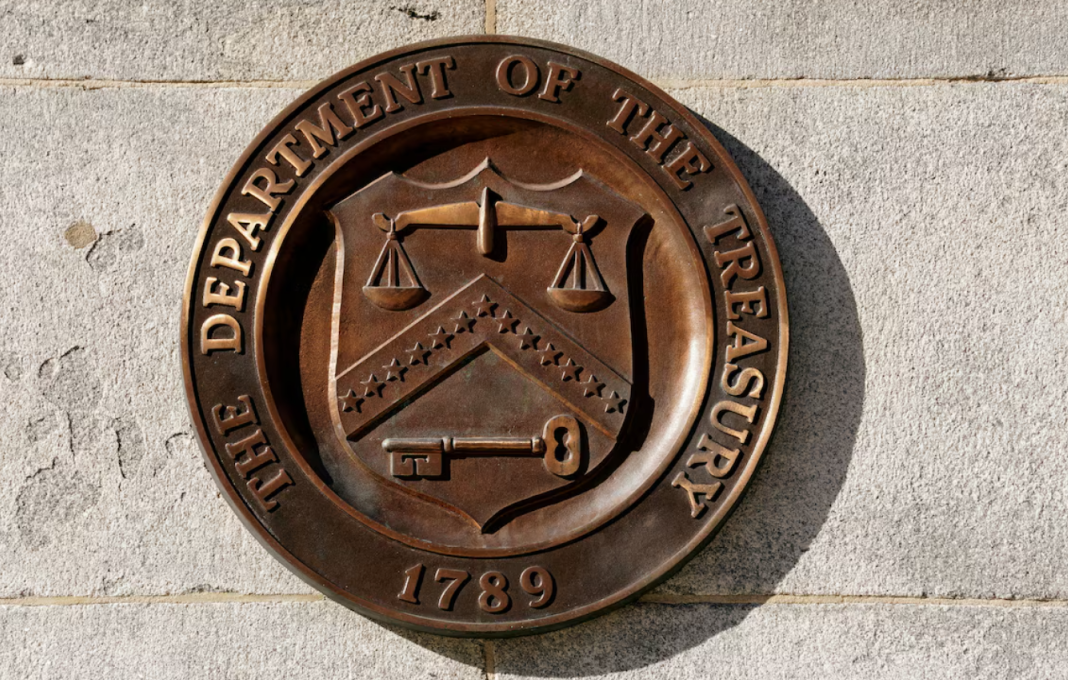
A terrifying look at a “known scam” and what you can do to protect yourself
the staff of the Ridgewood blog
Glen Rock NJ, Glen Rock In a shocking case of financial fraud, a Bergen County resident recently lost a staggering $35,000 to scammers who impersonated federal agents. The incident, reported by police in Glen Rock, serves as a powerful warning about a “known scam” that continues to target unsuspecting individuals.
How the Scam Unfolded
The victim received three separate phone calls from an individual claiming to be from the U.S. Treasury Department. The scammer’s story was designed to create a sense of urgency and fear: the victim’s identity had been compromised, and their money was at risk. To “protect” their funds, the scammer instructed them to withdraw cash and hand it over to a “Treasury representative” for safekeeping.
Believing the caller was legitimate, the resident made two separate cash withdrawals and handed the money over in two different visits from the scammers:
- The First Trip: The victim withdrew $25,000 from three bank branches and gave the cash to a man in a black car who came to their home.
- The Second Trip: The next day, after a second call, the victim handed over another $10,000 to two men who arrived in an unknown black vehicle.
It was only when the scammers made a third request for an even larger amount—$80,000—that the victim grew suspicious and contacted the police. Authorities confirmed that this was a well-known scam and advised the resident to stop all contact and cash transfers immediately.
Protect Yourself from Impersonation Scams
The federal Office of the Inspector General has issued warnings about these types of scams. Here’s what you need to know to avoid becoming a victim:
- Federal agencies will never demand cash. The Treasury Department, IRS, FBI, or any other government agency will never ask you to withdraw cash, buy gift cards, or wire money to “protect” your funds.
- Be wary of urgency. Scammers create a false sense of urgency to make you panic and act without thinking. They may threaten legal action, arrest, or financial ruin.
- Don’t trust Caller ID. Scammers can use technology to spoof phone numbers, making it appear as though they are calling from a legitimate government office.
- Verify, don’t comply. If you receive a suspicious call, hang up immediately. Look up the official number for the agency and call them back directly to verify the request. Do not use any number the caller gives you.
The ongoing investigation by the Glen Rock Police Department serves as a critical reminder to be vigilant. Share this information with your family and friends to help protect them from falling victim to these predatory schemes.
Tell your story #TheRidgewoodblog , #Indpendentnews, #information, #advertise, #guestpost, #affiliatemarketing,#NorthJersey, #NJ , #News, #localnews, #bergencounty, #sponsoredpost, #SponsoredContent, #contentplacement , #linkplacement, Email: Onlyonesmallvoice@gmail.com

How stupid can people be?
Seriously. Take your $35k and run. Don’t be greedy.
Every day I give five figures in cash to strangers who pull up to my house in black cars.
It’s a hobby.